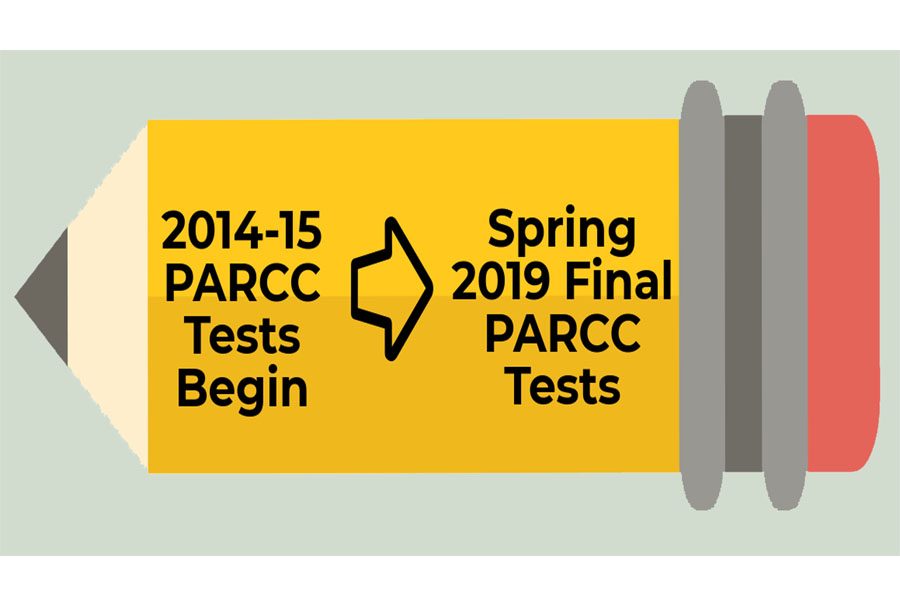Maryland to Replace PARCC Tests in 2020
November 20, 2018
Spring 2019 will mark the final year that Montgomery County Public Schools (MCPS) will administer the Partnership for Assessment of Readiness for College and Careers Tests, formally known as the PARCC tests, according to a Sept. 13 Washington Post article.
The tests are being scrapped following complaints from parents, faculty and administrators and will be replaced with the Maryland Comprehensive Assessment Program (MCAP), which the state is currently seeking help to design with a planned roll out in 2020.
Maryland is one of the few states to still utilize the PARCC tests, which were the first computerized standardized tests and were administered every spring since 2014-15. The tests were adopted to replace the English and Algebra High School Assessments (HSA) in accordance with the adoption of the Common Core curriculum. However, the PARCC tests have been denounced for being too time-consuming and difficult, as less than half of Maryland students have passed it.
Furthermore, the scores are not released until late summer, calling into question their usefulness to teachers and students. Many schools and students with testing accommodations also experienced technological difficulties. As a result, only a handful of the original 24 states still administer the test, with Maryland being the most recent to drop it.
With its many challenges, the removal of PARCC was a welcome change to many, including Gov. Larry Hogan and Maryland State Education Association President Cheryl Bost.
“Educators across the state do feel we could do better than PARCC,” Bost said in a Sept. 11 Baltimore Sun article. “Whatever the next test is, it has to be shorter, it has be useful.”
While many were unhappy with how time-consuming the PARCC tests were–meaning instructional time was taken away–some also saw the benefit in the rigorous standards.
“I am a supporter of the state test. I think it is a tremendous equity tool. Is the PARCC test as good as it should be? No. Is it better than all the tests that have come before it? Yes,” MCPS Superintendent of schools Jack Smith said in an Oct.18 press briefing. “I’m hoping in the next generation of it, in the spring of 2020, that they will make it more adaptive, more shorter, [and it] will fit better in periods.”
MCPS requires the completion of four standardized tests linked to specific courses for graduation. Two PARCC tests are required for graduation by all MCPS students: Algebra 1 and English 10. The Maryland Integrated Science Assessment (MISA), introduced during the spring of 2018 and required starting with the class of 2021, replaced the Biology HSA; it tests students after three years of science education. The final required test is the Government HSA, taken after a student has completed a U.S. Government course.
“PARCC to me wasn’t very difficult but it felt like another unnecessary layer of standardized testing that no one takes seriously because it’s long and boring,” said senior Emma Mejia, who took the PARCC English exam her sophomore year. “It’s just another test you have to get through and never worry about again.”
The MCAP exams will be based on similar high standards and a rigorous curriculum, president of the Maryland State Board of Education Justin Hartings told the Washington Post.
“My hope is that we can have the same rigor and learn the same things about what students know using an assessment that takes less time to administer and is less disruptive to the instructional day.”
The Maryland State Department of Education will develop the MCAPs and then notify MCPS on new implementation and testing.
“Testing is always going to be a hot topic, there is always change and transition involved, every few years there is going to be a different requirement, a different bar that students have to meet,” RHS administrator and school testing coordinator Monica Abuliak said. “My advice is that, like any other test, the student should address it with an open mind [and] do the best that he or she can, because the tests, they are meant to assess what students know…and we will continue to support students based on their performance on these tests.”




